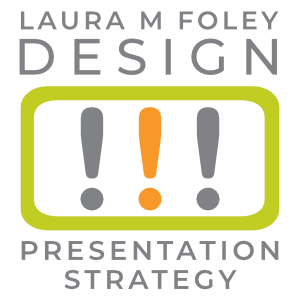Last week I had a choice. Either I could accompany my sons on a Scout cabin-camping trip where I could experience them and their little buddies burping, farting, swearing and all the other things that teenage boys like to do, or I could take a solo trip to Montreal. Guess which one I did?
I arrived in Montreal (Did you guess correctly?) during the evening rush hour. There was a light snowfall, making the roads wet and reflective. Adding to my sensory overload were the facts that my route to the city was under construction, I’d switched my GPS from miles to kilometers, and all of the road signs are in French. This was the beginning of my culture shock.
Parlez-vous français? Non.
The official language of Quebec, wherein lies Montreal, is French. I knew that English is widely spoken in Montreal, so I wasn’t beating myself up over my choice in seventh grade to learn Spanish, not French. Nonetheless, there were many people I met during my trip who did not speak English. And to them I say: I’m sorry I didn’t make more of an effort to be understood.
The Pigheaded American
I wouldn’t exactly say that I was the stereotypical “ugly American.” I was friendly, respectful and polite to everyone I met. But my initial assumption that Montreal is a bilingual city was the one I stuck with. I initiated conversations in English and was relieved when I received a reply in the same language.
It wasn’t until I had been there for a day and a half that I realized that the world wasn’t going to change to accommodate me. I needed to change the way I interacted with the world. So when I needed a cab, I gave the address in broken French (Trois, quatre, un, huit Rue Royale, si’l vous plait.). When people thanked me in French for holding a door open, I replied De rien.* I made more of an effort to be understood in the native language.
Relating this to public speaking
As I worked to overcome the language barrier, I realized that this is the same situation that many of my clients are faced with. I work with a lot of people in the STEM field: scientists, technology professionals, engineers and mathematicians. These folks have a particular way of presenting, as if they’re always talking with their peers. They’ll toss off phrases like “multivariate analysis” and “feedback inhibition” like it’s nothing. But to others who don’t share their background and experience, it’s like a foreign language. They need to change the way they communicate so that they can be understood by a wider audience.
The takeaway
This experience gave me a greater appreciation for what my clients are going through. It was also quite humbling to realize that my world view wasn’t as wide as I thought. But just as I was able to adapt to my new situation, so can others who are struggling to communicate their wonderful ideas to the world at large.
* Turns out I messed that up, too. Je suis désolée, Canada.
